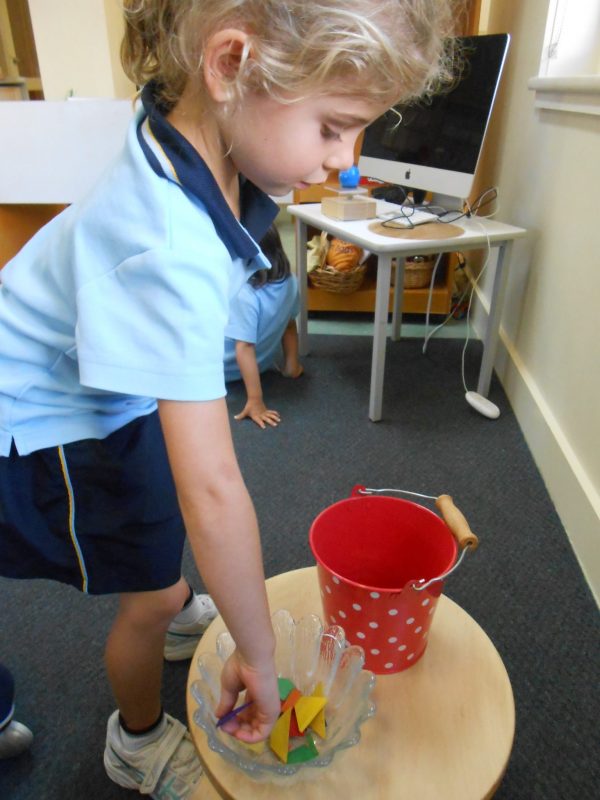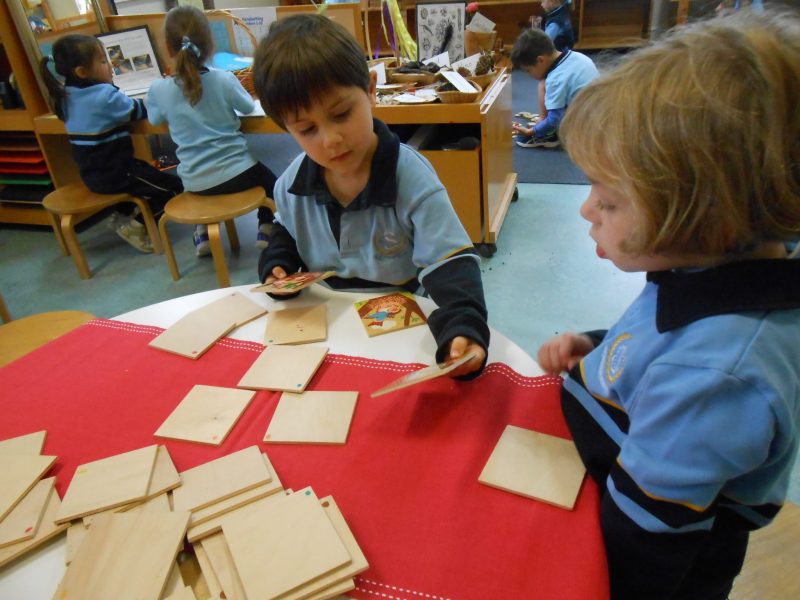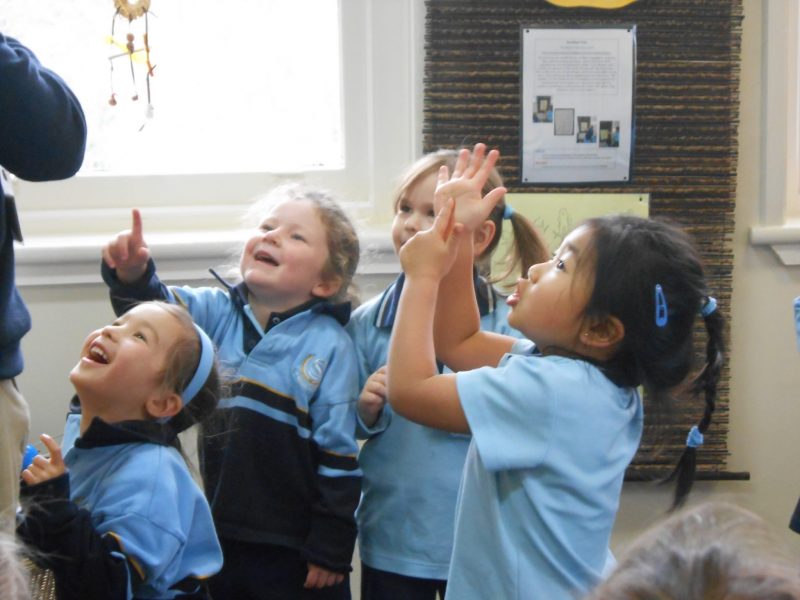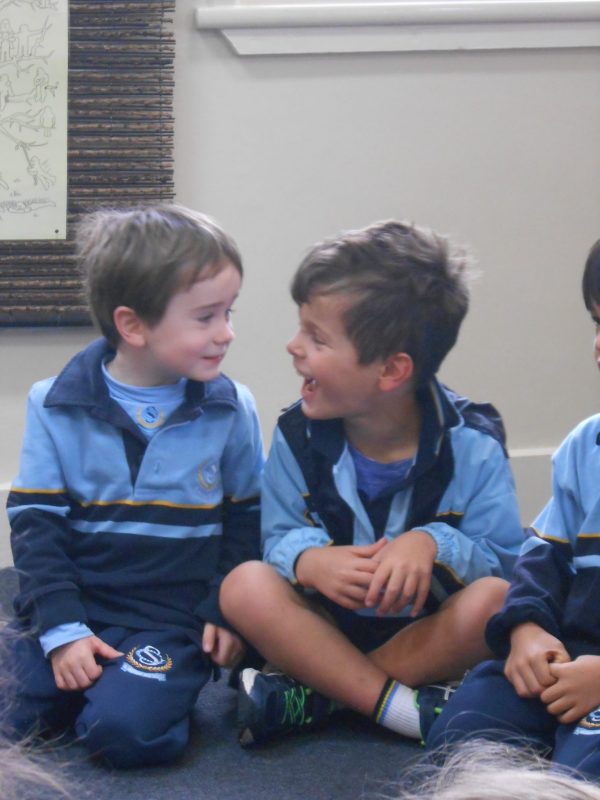Campbell House
Learning about sustainability
Early childhood is a wonderful time to educate children about sustainability and to begin to develop lifelong practices. It is important that we teach the children to realise the significance of caring for and protecting their environment.
Our aim in the Early Learning Centre is to promote a positive and proactive attitude towards sustainability. We believe that it is important to engage the children in developmentally appropriate sustainable practices that meet their level of understanding and help them make connections in their everyday lives.
“Teaching children about the natural world should be seen as one of the most important events in their lives.” Thomas Berry
Sustainability begins with making a connection to nature. The children in Campbell House are provided with many opportunities to connect with nature through hands-on experiences. The children engage in both planned and spontaneous learning experiences where they explore, observe, question and investigate the natural world around them. They are often excited by their discoveries of living and non-living things. These discoveries lead to further questions and research.
Sustainable practices are embedded into our everyday routines at Campbell House. At meal times, the children recycle their food scraps and packaging. Paper recycling is also promoted within the classroom. The children engage in gardening and composting. When using water, the children learn about water conservation and water sources. Observations and discussions often centre around the weather and what causes changing weather conditions.
Throughout our classrooms, the children learn about sustainability on a daily basis. Our younger learners recently participated in an incursion where they learnt about the growth of seeds and plants. Other classes have been using the seasonal changes as a provocation to learn more about environmental change. The children recently observed that there was no water coming out of the water pump in the playground which prompted discussion about why the water tank was empty. There are so many opportunities for planned and spontaneous learning both at home and at the ELC in relation to sustainability.
Ms Sarah Bethune
ELC Coordinator
Why Does Kindness Matter?
The Wattle Room children recently embarked upon a new kindness project. First, the children were invited to engage in a shared reading of the picture storybook, Have You Filled a Bucket Today? by Carol McCloud.
This book encourages positive behavior, as children see how rewarding it is to express daily kindness, appreciation and love. Engaging visuals help to show that ‘bucket filling’ and ‘dipping’ are effective metaphors for understanding the effects of our actions and words on the wellbeing of others and ourselves.
A dynamic discussion ensued and the children decided to fill the Wattle Room ‘bucket’ with tokens to represent acts of kindness.
Your buckets hold good feelings and good thoughts. How can we be a bucket filler?
Ella G – The other Ella smiled at me
Sebastian – Evan held my hand to go to PMP
Ella P – Ella gave me a rose
Sylvanas – Piper gave me a smile and a laugh
Nina – Fred played with me.
In this way, the children develop a sense of belonging to our group and community, and an understanding of the reciprocal rights and responsibilities necessary for active civic participation.






